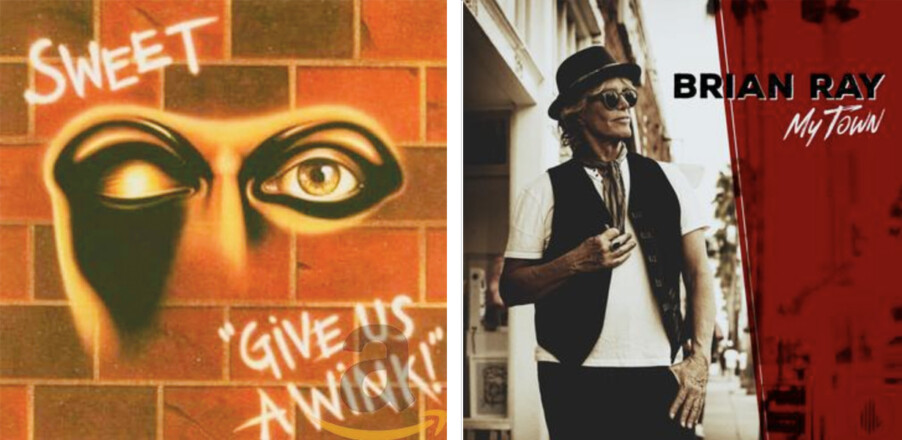Sandwich, by Catherine Newman (Harper, 229 pages)
Since it’s set in an idyllic village at Cape Cod, Catherine Newman’s novel Sandwich could refer to the town of that name, the oldest on the Cape. It’s more of a nod, however, to the “sandwich generation,” the term for adults who are caring for their aging parents and their own children.
That’s the life stage of the protagonist, Rachel, who (somewhat bewilderingly) goes by the name Rocky, and who, at 54, is “halfway in age between her young adult children and her elderly parents.” Rocky has been married nearly 30 years to Nick, “a beautiful man who understands between twenty and sixty-five percent of everything she says.”
I will confess right now that I love her, and did by the beginning of the second chapter, when she dubbed a toilet malfunction “Plungergate.”
Rocky and her husband have been renting the same modest cottage for a week every summer since the children were young, and as the novel begins, they are headed there again, as Rocky muses on how time whitewashes our perception of experiences, and how a beach vacation is often filled with things that have little to do with the actual beach.
“You might picture the wild stretches of beach backed by rugged dunes or quaintly shingled houses with clouds of blue hydrangea blossoming all over the place. … Which is funny because most of the time you’re actually at the surf shop or the weird little supermarket that smells like raw meat, or in line at the claim shack, the good bakery, the port-a-potty, the mini-golf place. You’re buying twenty-dollar sunscreen at the gas station.”
On this particular trip, Rocky and her husband are accompanied by their daughter, Willa, who is a junior in college; their son Jamie, who works for a start-up in New York, and his girlfriend, Mya. (Also, the family cat, named Chicken — which was the only deeply unrelatable part of the book for me — taking a cat on vacation.) Rocky’s parents are due to arrive later in the week.
Rocky and Nick, who bicker constantly, are glad to have their children with them in this familiar space, as they are still navigating their almost empty nest, having to “make nervous small talk over our early dinners, as if we’re on an awkward zillionth date at a retirement home.”
Their quarreling is obvious to all; at one point, their daughter asks Rocky if something is wrong, but there is also clearly a deep affection between husband and wife that is tested as the week unfolds and a couple of secrets from Rocky’s past are slowly revealed. These revelations are related tangentially to a storyline involving Jamie’s girlfriend and a health issue she is having. There is a plot here that is thoughtfully crafted, but honestly, it doesn’t matter.
Newman is the kind of writer who could write 200 pages about paint drying and keep the reader entranced throughout. She has a gift for taking ordinary experiences and draping them in gorgeous language, the kind that stays with you, as when Rocky reminisces that when her kids were young they would “vibrate with excitement” at the mere mention of a visit to a Cape candy store.
She also has a sharp wit and bestows Rocky with a self-deprecatory wryness that stays at the ready whether she’s trying on a swimsuit (“One big wave and my boobs will definitely be celebrating their dangly freedom”; smelling zero SPF tanning oil (“the scent of my future squamous cell carcinomas”); or revisiting memories (“ … Jamie at four, Willa a baby in the sling, me with my permanently trashed perineum”).
The joy of Sandwich, in other words, isn’t about the plot, but instead about Newman’s charming and funny musings about decades of family vacations at the beach. Much of this book could have been a memoir, and we suspect some of it is, at least the parts about parents and children vacationing together at the beach: the small happiness of rubbing sunscreen on the backs of grown children whose bodies used to be so familiar but are now off limits to you; the weird time warp that takes over at the beach (“It is always one o’clock when we leave for the beach, regardless of when we start readying ourselves”); the constant scanning for shark fins, ticks and other dangers that never stops no matter how old your children are; and the relative ease of going to be beach with older children as opposed to the physical labor of going to be beach with young ones and their paraphernalia, everyone “breaded with sand.”
People who also rent the same beach house every year will also enjoy the observations relative to that — such as Rocky mourning that the old coffee maker has been replaced with something shiny and new, and the family assessing the changes to the house since they’d last been there. (Willa says, “Is it weird that I’m kind of offended when they replace stuff? Like, they didn’t even consult with us!”)
At the beginning of Sandwich, the novel felt physically thin to me, which sometimes feels foreboding, as if the book didn’t ripen and the author didn’t take the time to develop it fully. But Sandwich turned out to be short for the same reason that A Christmas Carol is short — the author said exactly what needed to be said, in the ordained time frame, and didn’t waste words or the reader’s time on the superfluous. Sandwich is a lovely and disciplined novel that accomplishes something remarkable: It’s a book about the beach that is too good to be considered a beach read. A






